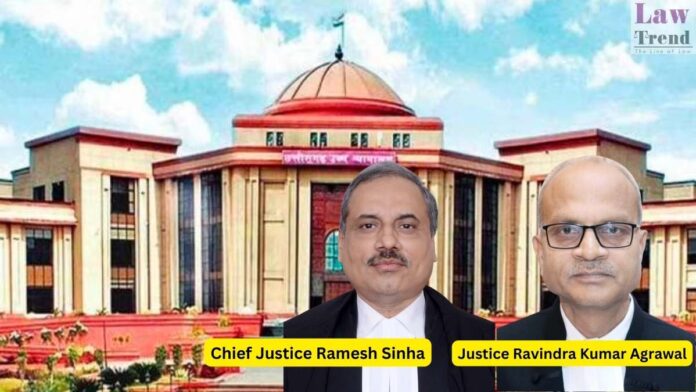The Chhattisgarh High Court has upheld the conviction of 75-year-old Mukundrao Sarjare under the Protection of Children from Sexual Offences (POCSO) Act, reaffirming that a victim’s testimony in sexual offence cases does not need to be exact in every detail, as long as it is credible and consistent. A division bench comprising Chief Justice Ramesh
To Read More Please Subscribe to VIP Membership for Unlimited Access to All the Articles, Download Available Copies of Judgments/Order, Acess to Central/State Bare Acts, Advertisement Free Content, Access to More than 4000 Legal Drafts( Readymade Editable Formats of Suits, Petitions, Writs, Legal Notices, Divorce Petitions, 138 Notices, Bail Applications etc.) in Hindi and English.




